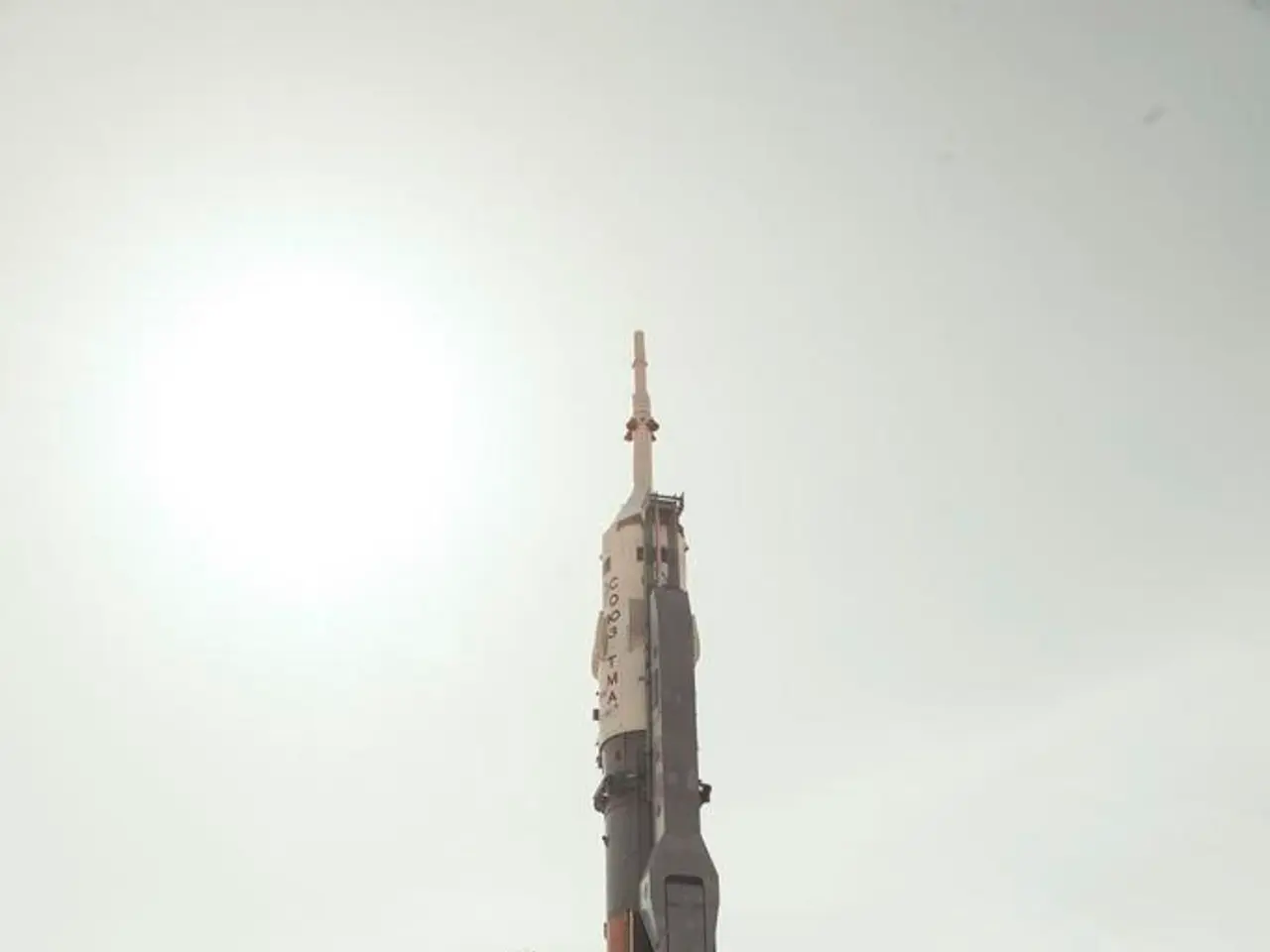Court Reverses $8.8 Million Ruling in Favor of Bored Ape Originator in Trademark Dispute
In a recent ruling, the US Ninth Circuit Court of Appeals has overturned a $9 million judgement awarded to Yuga Labs in a legal dispute with artist Ryder Ripps and his business partner Jeremy Cahen. The court ruled that Yuga Labs had not sufficiently proven that Ripps's NFT collection was "likely to cause consumer confusion" with Yuga's original Bored Ape Yacht Club (BAYC) NFTs.
The lawsuit was initiated by Yuga Labs in June 2022, accusing Ripps and Cahen of creating counterfeit NFTs that Ripps claims are meant to satirise the collection. The company alleged charges of false advertising, trademark infringement, and cybersquatting, among others. The lawsuit also named Jeremy Cahen, the founder of NFT marketplace Not Larva Labs.
John F. Walter, U.S. District Judge of Central California, ordered Ripps and Cahen to pay $1.38 million to Yuga Labs for "disgorgement and damages", plus $200,000 in statutory damages relating to cybersquatting violations. However, the appeals court's decision allows for a trial on Yuga Lab's claims of trademark infringement and cybersquatting, which were originally dismissed by Judge Walter.
Ripps and Cahen described their NFTs as "satirical works of appropriation art", according to Reuters. Ripps has previously contended that BAYC, including its logo and accessories, contains racist imagery and ties to the online alt-right. However, the appeals court did not address this contention and agreed with Judge Walter that Ripps and Cahen were not immune from Yuga Lab's claims based on First Amendment protections for works of art.
The trial on Yuga Lab's claims of trademark infringement and cybersquatting will be held in federal court in California. Ripps defended his NFT collection as a form of satire protected as expressive speech, though the court did not find his use protected as nominative fair use or expressive work in this case.
Yuga Labs said the court's decision was "a win for the industry" that "validates the fight we took on and confirms that BAYC is a strong and recognizable brand." The company intends to continue pursuing the case in district court.
The dispute has garnered significant attention in the NFT community, with some supporting Ripps's right to create satirical works and others backing Yuga Labs' efforts to protect their brand. The appeals court's decision underscores that appropriation can be a vital tool for artists to hold powerful entities to account, as stated by Ripps to Reuters.
References: [1] Reuters (2023). US appeals court overturns $9 million judgment for Yuga Labs in legal dispute with artist Ryder Ripps. Retrieved from https://www.reuters.com/technology/us-appeals-court-overturns-9-million-judgment-yuga-labs-legal-dispute-artist-ryder-ripps-2023-07-23/ [2] CoinDesk (2023). Yuga Labs loses $9 million appeal in lawsuit against Ryder Ripps. Retrieved from https://www.coindesk.com/business/2023/07/24/yuga-labs-loses-9-million-appeal-in-lawsuit-against-ryder-ripps/ [3] The Block (2023). Yuga Labs loses $9 million appeal against Ryder Ripps. Retrieved from https://www.theblockcrypto.com/post/111263/yuga-labs-loses-9-million-appeal-against-ryder-ripps [4] Decrypt (2023). Yuga Labs loses $9 million appeal in lawsuit against Ryder Ripps. Retrieved from https://decrypt.co/111263/yuga-labs-loses-9-million-appeal-in-lawsuit-against-ryder-ripps
- The dispute between Yuga Labs and artist Ryder Ripps, concerning Ripps's satirical works of NFT art, has raised questions about the boundaries of trademark infringement in the digital art industry.
- As technology continues to shape the art world, the business community watches closely as legal battles like this one explore the intersection of finance, technology, and artistic expression.
- While the appeals court's decision focuses on Yuga Labs' trademark infringement and cybersquatting claims, this case highlights the potential role of digital art as a platform for artists to engage in social commentary and critique established brands.




